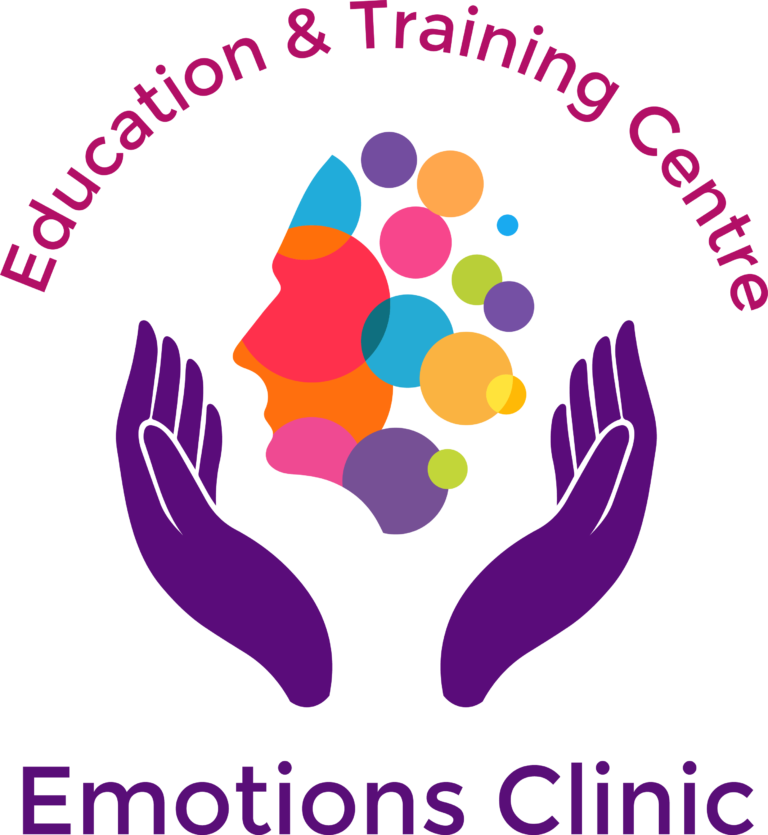Blogs

Meaning in Life
Different things matter to us at different times. The fact that they don’t hang together as a single whole takes away the meaning from our life.
However, there is another way of looking at meaning. The meaning can be found inside the experience in itself rather than analysing what happens ultimately. The sensual pleasures can give meaning to life, doing our duty can give meaning to life, relationships and friendship can give meaning to life, altruism can give meaning to life and acquiring the ability to reduce or undo our suffering can give meaning to life. This view makes us believe that meaning has come from outside of ourselves, or in relation to our satisfying interactions with the world. What if that supply dries out, as it happened to people in concentration camps. A situation like this is likely to create a crisis in meaning.
Another related question is – is meaning out there to be discovered, or is it something we have to create? Do we need to pursue it or it ensues as a result of our proper engagement with life.
Viktor Frankl described despair (D) = S-M (suffering without meaning) – one can mould suffering into an achievement, a personal triumph. According to him, we can find meaning in our relation to the outer world – a project we are passionate about, an ideal, an activity or an experience. Feelings of meaninglessness arise when we can’t find anything to live for.
Victor Frankel has described three different ways of achieving meaning in life. (he disputes Sartre’s assumptions that there is no meaning in life).
- By creating a work (creativity) or doing a deed. A meaning is achieved by contributing something to society.
- By experiencing something or encountering something. The richness of our life experiences makes our life worth living.
- By the attitude we take toward unavoidable suffering. The acceptance of our ontological suffering connects us the ontological meaning or the other way round – a connection with our ontological meaning makes us accept the ontological suffering (what Jesus did on the cross).
Sartre said the opposite, “we have to accept and shoulder heroically the absolute meaninglessness of our lives.” He understood this in relation to nothingness at the core of our being.
For Sartre meaninglessness was ontological (inevitable – inseparably tied to our humanness and at the core of our existence) rather than ontic (avoidable through our actions in this world).
According to Sartre we are nothing pretending to be a something. We insulate ourselves from this meaninglessness by living in “bad faith”, living inauthentic lives and surrendering our freedom. His ideas of nothingness seem to have echos of Buddhist philosophy of emptiness and negation of a solid sense of self that should be strengthened.
According to Buddhism, our sense of self as we know ourselves as, dissolves into the infinite and becomes nothing, the way a bubble on the surface of the ocean merges into it and becomes nothing.
Spiritual crisis and loss of meaning – when a new level of spiritual consciousness arises – life as we have been living so far looks meaningless. It can happen the other way round – a deep crisis in our everyday life can also bring on spiritual awakening. From that perspective a loss of meaning can be seen a progression to a higher level of meaning.
Martin Heideggar has described a crisis in meaning as the fact that we are constantly caught between “no longer” and “not yet.” He also understood meaning in terms of relationships, in contrast to individuality of Nietzsche and Kierkegaard.
From Heidegger’s perspective, relationships can be understood in terms of our insufficiency in ourselves as separate entities. We cannot not care about others in this world, this is closely tied to the core of our Being. This need for a relationship seems true as even the hermits, sages, monks and nuns, deeply spiritual people etc who are not looking for worldly relationships, (their finite selves) are still seeking and longing for a relationship with the infinite – God or divine forces. According to Michael Balint this need is experienced when the newborn separates from their mother at birth – and living without a satisfying relationship for the rest of their life was described by him as the Basic Fault.
According to Merleau Ponty – We are condemned to meaning, we can’t help but make sense of things. Things are constantly being given more and more meaning as we encounter them, if we just stare into things in a certain way they just decompose into meaning less fragments.
Dostoyevsky said, “you have got to love life first and then ask for the meaning of it,” perhaps referring to your engagement first from where the meanings flows.
Dostoyevsky said, “you have got to love life first and then ask for the meaning of it,” perhaps referring to your engagement first from where the meanings flows.
Rollo May, an American existentialist and humanist, goes a step further in saying “We have to accept the incapacity of our humanness to recognise the ultimate meaning in intellectual or rational terms.”
Existential literature divides all types of suffering including depression, loneliness, meaninglessness in terms of two different categories- ontic (Frankl type) and ontological (Sartre). In a similar way it is possible to understand the meaning also that we experience in life in terms of these two categories – ontic and ontological.
Ontic meaning comes from our relation to the outside world – our passion for things, activities, project, sensual experience, goals in life etc. We experience meaninglessness whenever there are gaps in these onticly meaningful activities. This experience of meaningless can be of ontic origin and it disappears when we get engaged with outside world again, or it could be ontological in nature which shows up when it is no more camouflaged by the ontic meanings we experience in our everyday affairs, like sun breaking through clouds.
Ontological meaning is something that we generally don’t strive for as we are cut off from the deeper reaches of our Being. This comes into operation only when there is relentless onslaught of ontological meaninglessness in order to be addressed by us. It comes from inside of the Being – independent of any external condition, and it is capable of solving even the ontological meaninglessness. A concept contrary to theories of many existentialists.
Existentialists believe that the ontological meaningless sits at the core of our Being, and nothing can be done about it – you have got to accept it, whereas spirituality says it can be resolved.
The ontic meaning can be understood through a poem by Indian poet Rabindranath Tagore
Joy
I slept and dreamt
that life was joy.
I awoke and saw
that life was duty.
I worked – and behold,
duty was joy
Indian Poet Rabindranath Tagore
The ontological meaning can be understood through a poem by Yeats
My soul
Such fullness in that quarter overflows
And falls into the basin of the mind
That man is stricken deaf and dumb and blind
For intellect no longer knows
Irish Poet Yeats
Practical Implications/take home messages
If we find life meaningless – it’s perhaps because, at the ontic level, we are not engaging properly with the outside world, or at the ontological level we are not engaging property with our inner Being, or may be both.

Nature Consultancy Limited is regulated by CQC to provide care at Emotions Clinic
Phone : +44(0)1782 768656
Email : ad***@****************co.uk
Quick Links
Information
Head Office Address
Lumbung Hidup St 425 East Java Madiun City Block ABC 123
Days Open
Monday - Friday 08 AM - 10 PM


